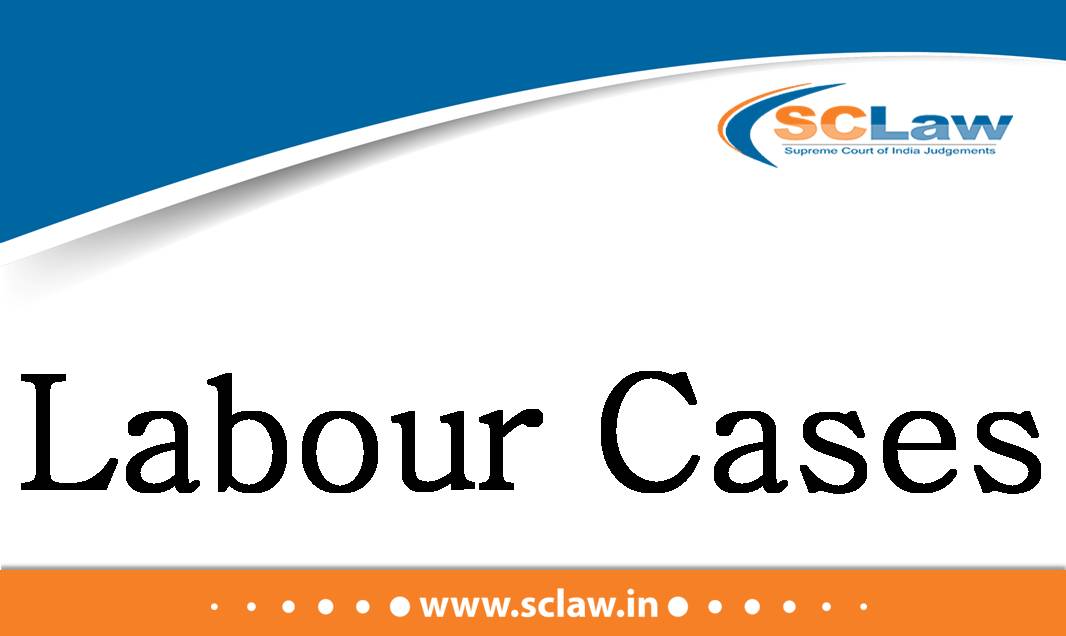Regularization–Creation of Post–Court cannot direct the creation of posts and it is beyond its jurisdiction.
2008(1) LAW HERALD (SC) 432 IN THE SUPREME COURT OF INDIA Before The Hon’ble Mr. Justice A. K. Mathur The Hon’ble Mr. Justice Markandey Katju Appeal (civil) 5732 of 2007…


